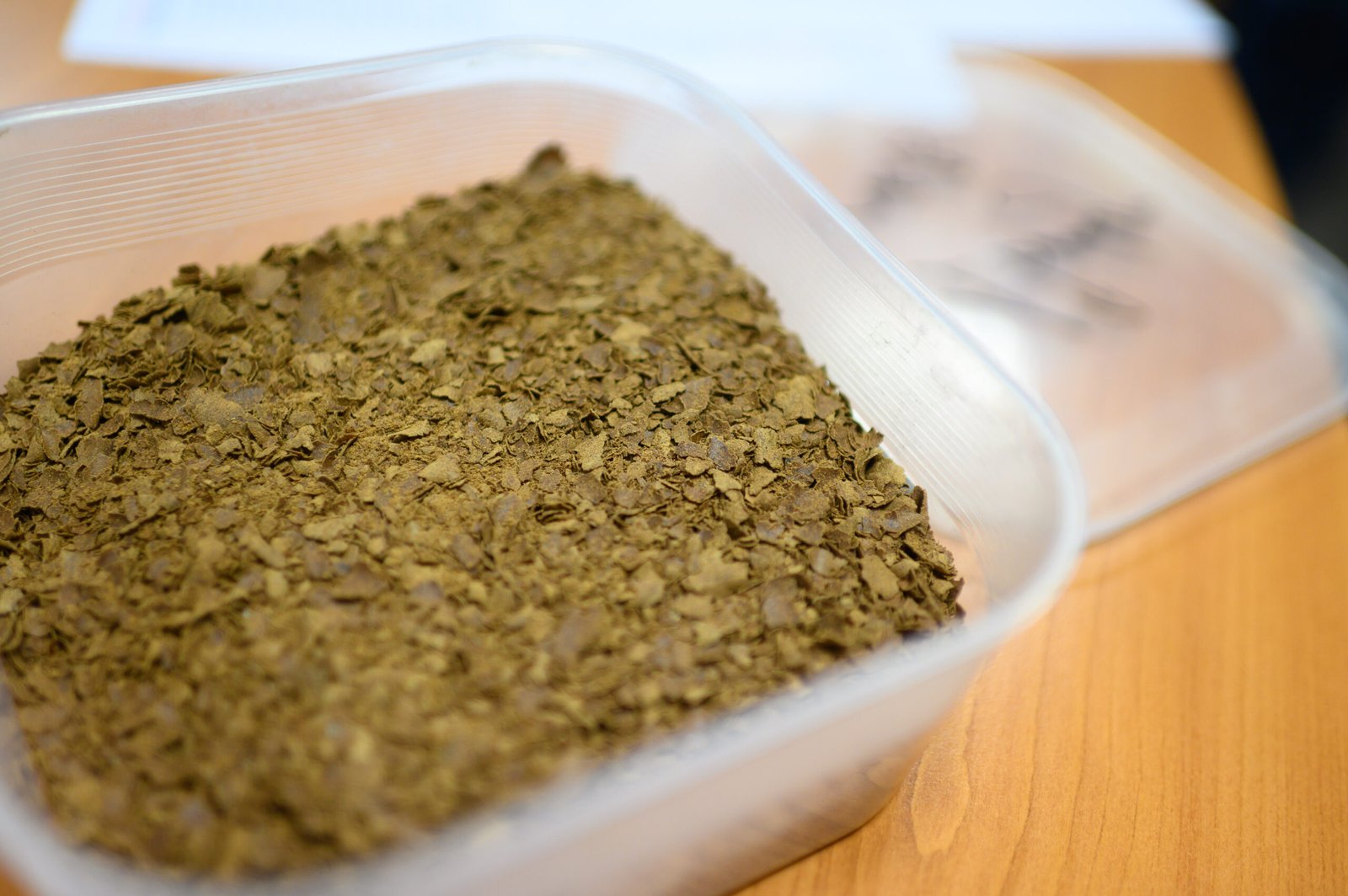UAB Energesman, managing the mechanical and biological treatment (MBT) plant in Vilnius, invests EUR 1 million in innovative insect larvae technology for handling food waste in the Vilnius region. This spring, household kitchen waste will be fed to domestic fly larvae, which will later be processed into proteins for industry, biofuel, and fertilizers.
Substituting numerous petroleum products
Vilnius residents are among the first in the world to implement this technology for food waste management, developed by the Dutch company “Amusca”.
“We agreed on the acquisition of this technology last year. Currently, the final preparatory work is underway, and in May, we plan to start breeding and processing larvae. This is a highly advanced method of food waste processing that creates significant added value for the entire country, as it increases the circular economy’s share. It also allows us to replace the use of fossil fuels and engage in new green supply chains, a trend embraced by all advanced country producers,” says Algirdas Blazgys, CEO of UAB Energesman.
It is estimated that once residents adapt to the new food sorting system, about 40,000 tons of food waste will be collected annually in the Vilnius region alone. From this amount of waste, without additional raw material acquisition, up to 4,800 tons of protein products, oil, and raw materials for fertilizers can be produced.
Protein products can later be used in the production of paints, solvents, adhesives, furniture, and lighting, thus replacing the fossil fuel products used so far and reducing environmental impact.
Oils are used as biofuels, replacing fossil fuels that emit harmful greenhouse gases. By processing the larvae grown on Vilnius residents’ food waste, it is possible to produce up to 800 tons of industrial protein products and about 400 tons of oil per year.
Insect larvae waste also contains many valuable materials: nitrogen, phosphorus, potassium, which can be used as fertilizers in agriculture. After the processing process, it would be possible to obtain about 2,000 tons of fertilizers suitable for agriculture annually.
Created by a Dutch scientist
The technology for processing food waste with domestic fly larvae was developed and refined over 15 years by Dutch scientist Walter Jansen. During this time, the technology became suitable for industrial production. The PhD conducted research at various research centers and universities in the Netherlands, including the well-known Wageningen University, which is considered one of the leading centers for agricultural, food, and nutrition research worldwide.
“We developed this technology as a sustainable alternative to current food waste management. After conducting numerous experiments, we noticed that domestic fly larvae excel at this task and help create new products. Moreover, the larvae themselves contain many valuable materials that we can use in the industrial and agricultural sectors,” says Jansen, who recently visited Vilnius.
In special facilities, insect larvae are kept under a technology specially developed for their control, requiring minimal human supervision. Energesman will become one of the first factories globally to implement this innovation in food waste processing and the production of protein-based and other useful products.
The technology utilizes domestic fly larvae (Musca Domestica), which are natural decomposers and can consume almost all organic materials, including food waste. The housefly is the most common fly species worldwide, living in and around human homes. They can be found in many countries.
Proper sorting of food waste
Since this year, all residents of Lithuania must adhere to the new waste etiquette rules – separating food waste from other garbage. Residents of Vilnius city and district must place them in special orange bags, which, when tied tightly, are placed in mixed municipal waste containers.
The sorted and discarded food waste is transported to the waste sorting plant, where Energesman employees separate the orange bags from the general waste stream.
The contents of these bags are emptied, reviewed, and soon will be fed to insect larvae – they will be responsible for further processing of Vilnius residents’ food waste and turning it into useful products.
“It is crucial that Vilnius residents separate food waste into designated orange bags. Also, they should only throw food waste there, separating it from packaging, plastic, glass, and other impurities. Only such waste can be given to insects. Food waste that is not sorted into special orange bags will not undergo further processing with insects – therefore, we kindly ask residents to responsibly sort and prepare food waste for insects,” says Blazgys.
According to him, proper sorting of food waste will also help reduce the amount of waste entering landfills, which is the most harmful waste management method for the environment. Furthermore, manufacturing new products from waste is highly encouraged, as it promotes a circular economy. Moreover, it’s even more beneficial if newly created products can replace fossil fuels, such as oil and its products, which have been widely used in chemistry and other industries so far.
For eight years now, Energesman has been sorting and processing mixed municipal waste collected from the entire Vilnius county, which includes 8 municipalities: Vilnius city and Vilnius district, as well as the Trakai, Elektrenai, Ukmerge, Svencionys, Salcininkai, and Sirvintai districts. Since this year, the factory has also started sorting and processing food waste from the Vilnius region.

